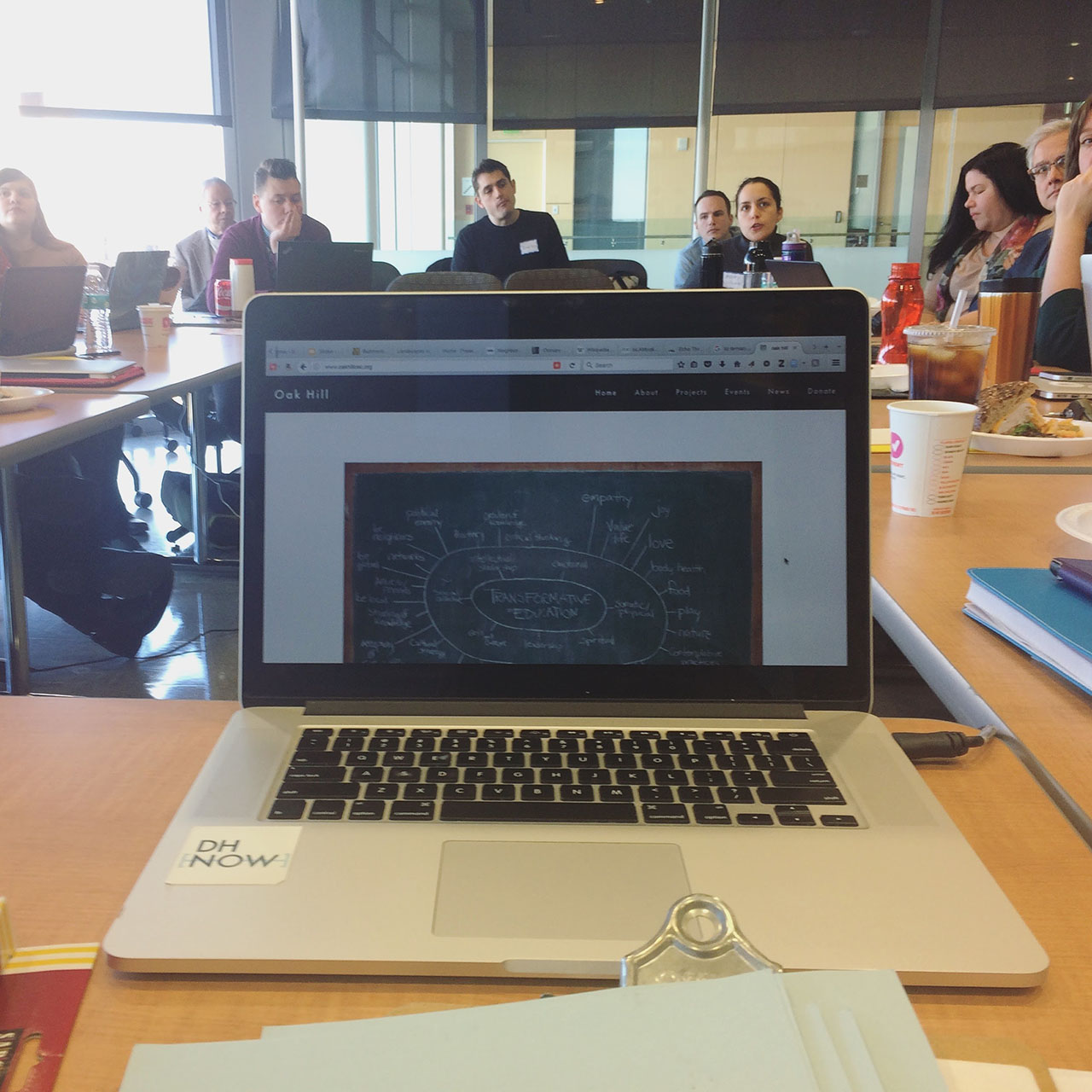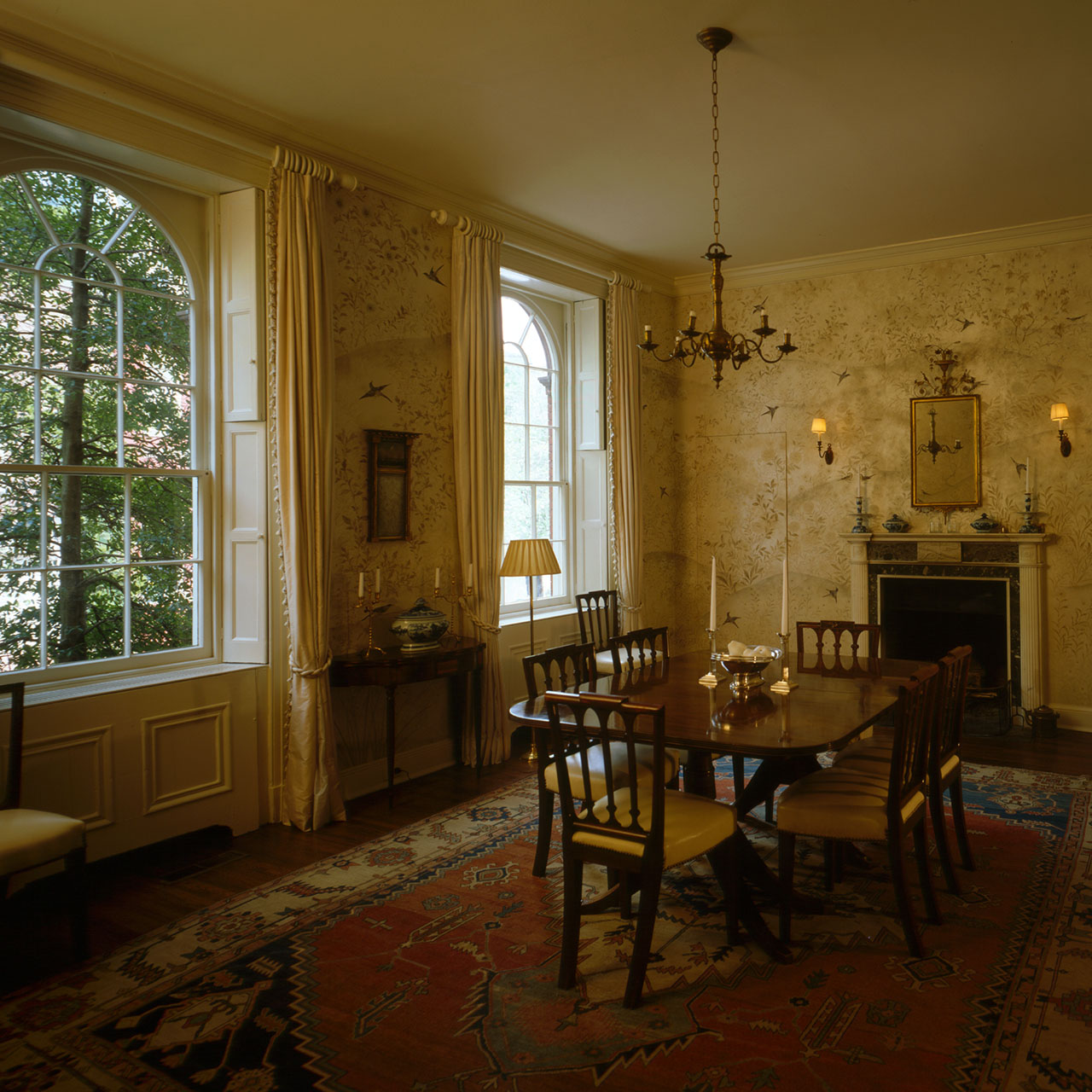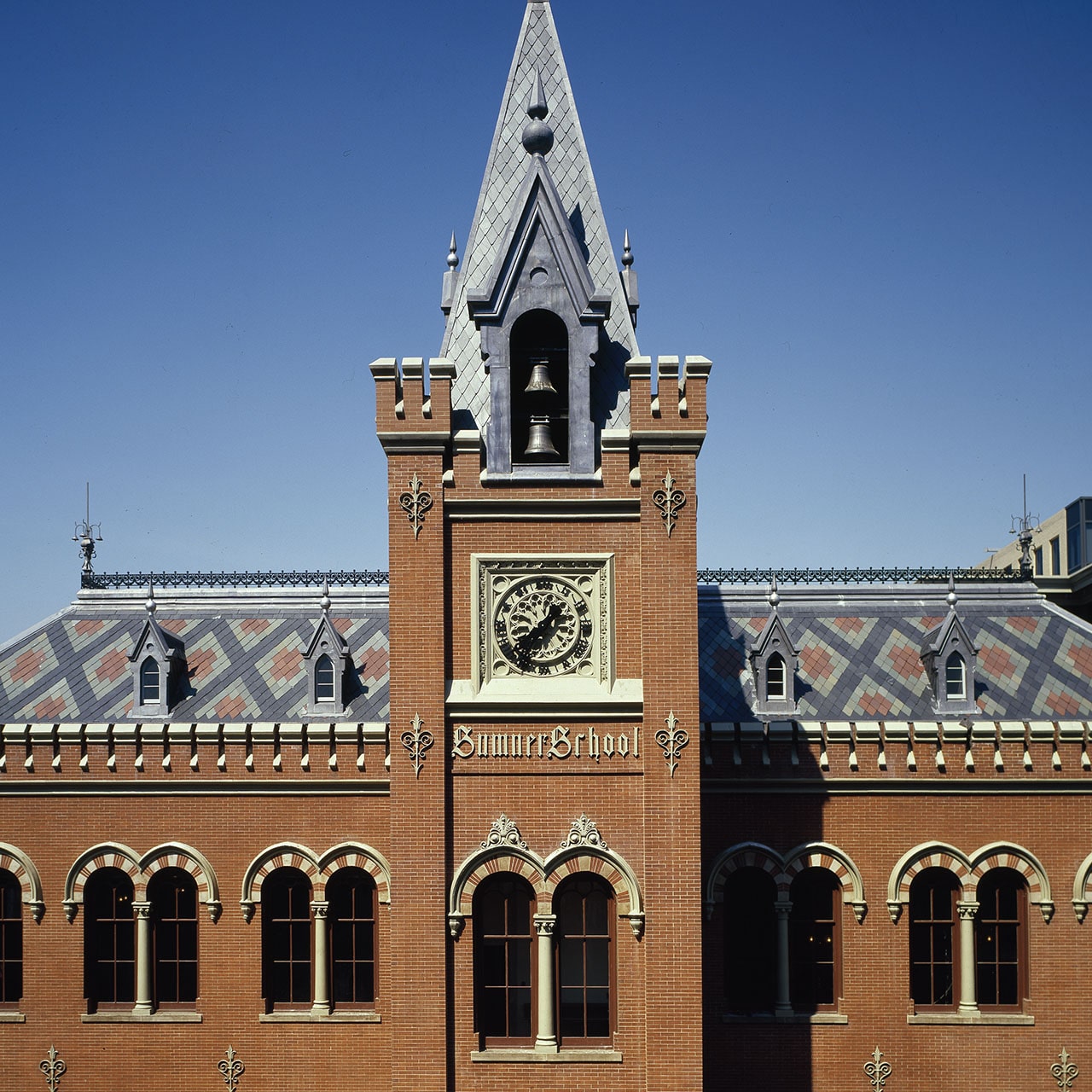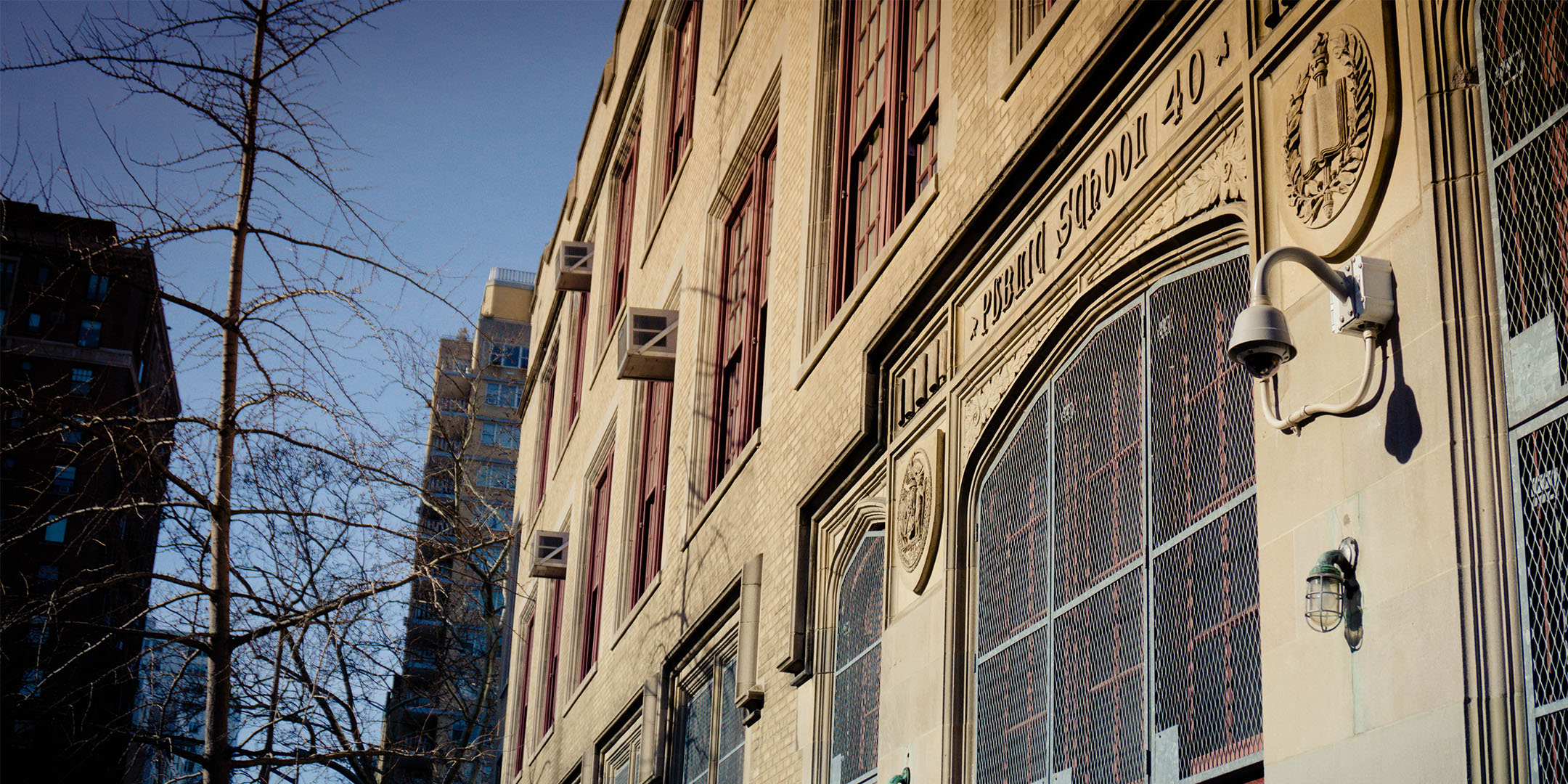What is the Local Preservation School?
The Local Preservation School is free resource to teach people how to save and sustain historic places — and we want you to be part of it. Sign up for our newsletter to learn more.
My name is Eli Pousson and I work for Baltimore Heritage advocating for historic preservation and neighborhood revitalization in Baltimore, Maryland. Every day we work with volunteers, elected officials and city staff, property-owners and neighborhood associations trying to sustain and improve our city’s unique historic neighborhoods. Like other people trying to save and improve the places around them that they love, we use a wide range of approaches to fight for historic places—everything from walking tours and archaeology to advocacy campaigns and award programs. We also see the same challenges facing individuals and preservation groups in cities around the country—a very small (if any) staff, a tiny budget, and many, many historic places threatened by neglect or demolition.
This spring, the National Park Service approached us with an unusual opportunity to teach people about how we do historic preservation in Baltimore—and how volunteers and small community organizations can use historic preservation in communities around the country. For the next year, we are reaching out to friends and colleagues, not just in Baltimore but around the country, who work with preservation nonprofits, park “friends” groups, community archives, and small historic sites. Together, we’re opening a new online school to share the skills and knowledge you need to get your neighbors excited about local history, protect threatened landmarks from demolition, or secure resources for reinvestment in your historic neighborhood.
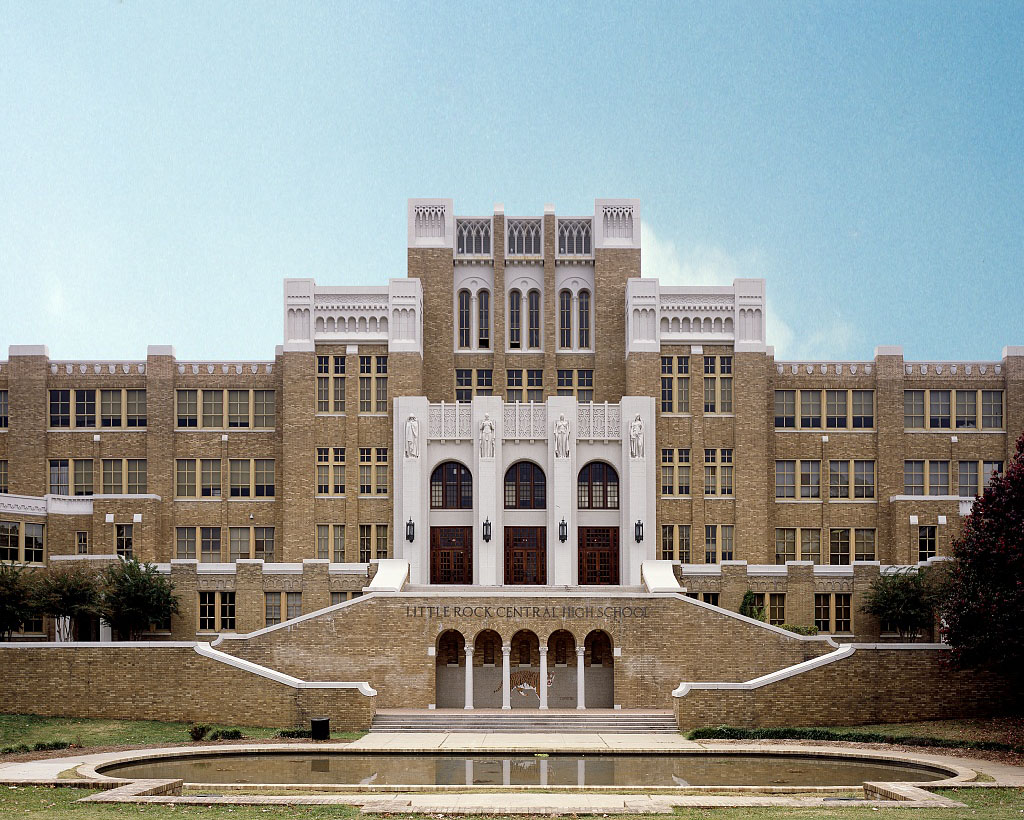 Photo: Desegregation landmark, Little Rock Central High School, Little Rock, Arkansas, Carol Highsmith. Library of Congress.
Photo: Desegregation landmark, Little Rock Central High School, Little Rock, Arkansas, Carol Highsmith. Library of Congress.
Why start the Local Preservation School?
There are many excellent online resources available on historic preservation from the National Trust for Historic Preservation, National Park Service, and others. But these resources can be overwhelming—especially for volunteers who do preservation on evenings and weekends. Who has the time to dig deep into technical documents? Taking inspiration from new approaches to online learning for data-wrangling, digital history, and computer programming, we wondered how can we use the web (and open-source tools) to make it easier for people across the country to learn about historic preservation? How can we do a better job sharing the skills and knowledge needed to save historic places?
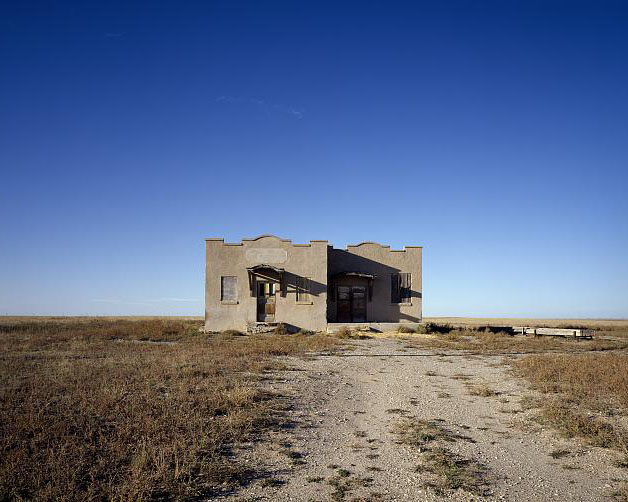 Photo: Abandoned adobe one-room schoolhouse in Las Animas County, Colorado, Carol Highsmith. Library of Congress
Photo: Abandoned adobe one-room schoolhouse in Las Animas County, Colorado, Carol Highsmith. Library of Congress
What does the Local Preservation School teach?
We are already exploring dozens of different ideas for preservation courses, lessons, and tutorials to explain the practical aspects of preservation and the important organizing and outreach work that goes with it. Tell us you what want to learn (or what you want to teach) by voting and commenting on our Local Preservation 101 public Trello board.
We believe that historic preservation is not just a job for “experts” or professionals. You might be one of the thousands of volunteers working hard to restore a historic park, revitalize a main street business district, or help historic home-owners navigate maintenance challenges. The Local Preservation School is for you (and your neighbors): a place to find new resources and a place to share your hard-won knowledge about how to preserve historic buildings and revitalize neighborhoods. We know that historic preservation is not just about the past. Historic preservation is a set of practical tools and ideas that empower people to use history and historic places as assets for a building stronger and more sustainable communities.
The Local Preservation School is built around the idea that educational resources should be accessible to beginners – not overwhelmed by jargon or require expensive software. We are making our lessons activity-based – teaching you how to document a threatened landmark, prepare and deliver a walking tour, or create a digital map of local historic sites. Finally, we are committed to the principles of openness using a Creative Commons Zero license to ensure that anyone is free to use, reuse, and redistribute the material on this site. Learn more about the project or get in touch with questions.
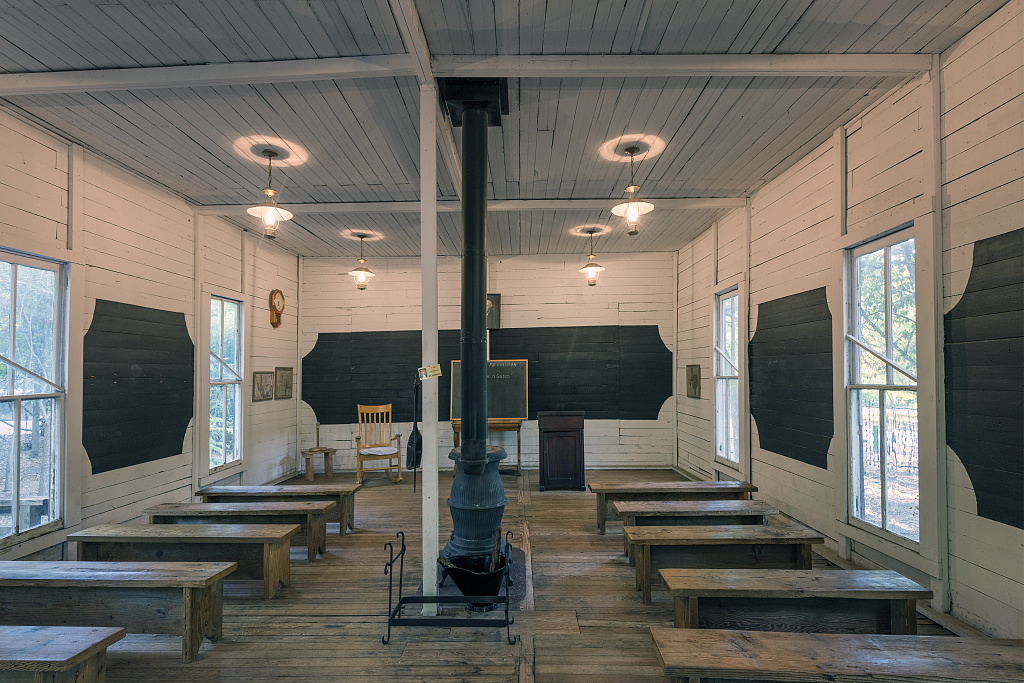 Photo: Classroom of the Marine School at Log Cabin Village, a house museum consisting of saved rural cabins moved to a central site in Fort Worth, Texas, Carol Highsmith. Library of Congress
Photo: Classroom of the Marine School at Log Cabin Village, a house museum consisting of saved rural cabins moved to a central site in Fort Worth, Texas, Carol Highsmith. Library of Congress
How can you get involved?
We’re starting by asking lots of questions. If you’re interested in learning about historic preservation, teaching historic preservation, or just love older towns and cities, we would love to talk to you about the Local Preservation School. Share your questions or suggestions in the comments and sign up for our email newsletter. We promise regular emails (but not too many!) with helpful resources for anyone who loves old buildings, updates on our progress, and opportunities to help us figure out how the Local Preservation School should work.
